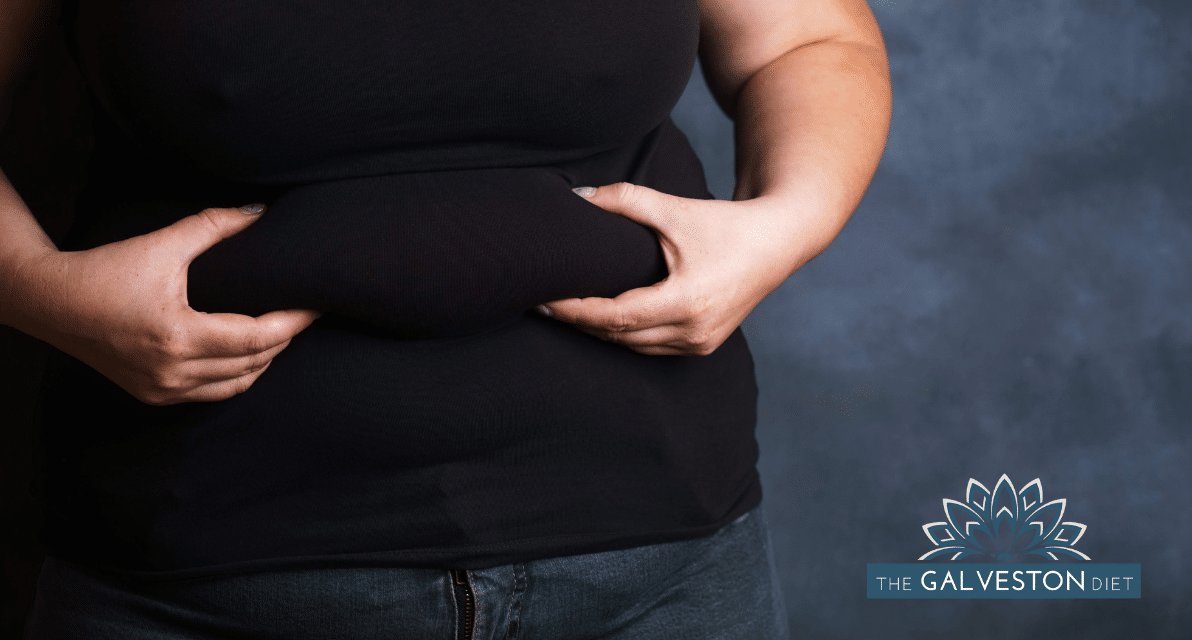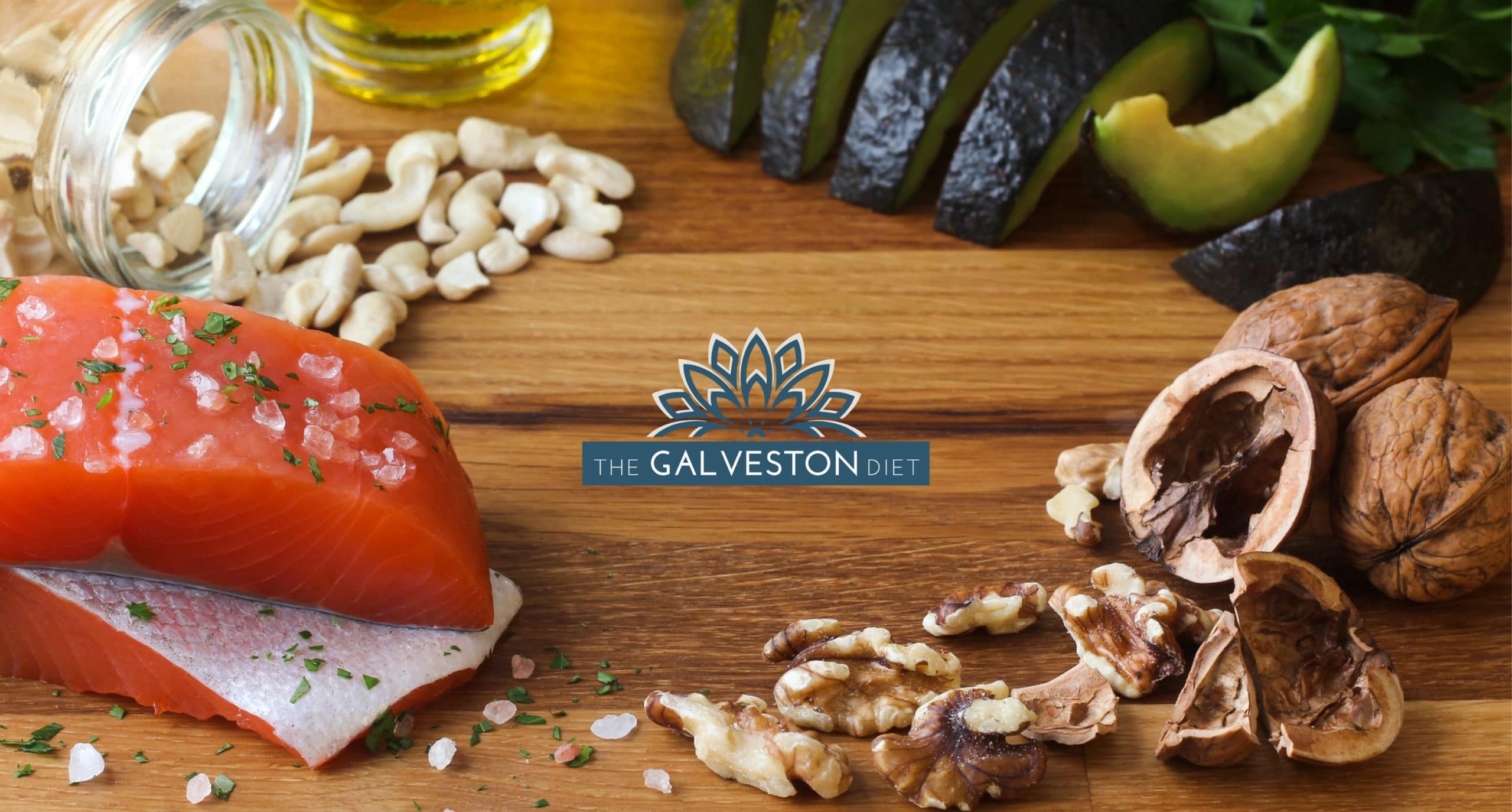For decades the same advice has been given to women in mid-life who are struggling with unwanted body changes during perimenopause and menopause: Eat less, exercise more.
As a board certified OBGYN, it is the advice I had given to thousands of patients who complained of midlife weight gain.
Sounds logical right? I thought so too.
Until it happened to me.
I had been fit for years. The scale had not budged much, and I could always easily get it back to my “happy weight” without too much trouble.
Then two things happened: I started undergoing the changes associated with menopause, and my brother died.
Through my grief process, I gained about 15 pounds. I had stopped working out and paying any attention to what I was eating. I was filling myself with processed carbohydrates and nightly glasses of wine for months.
Once I felt better and realized what I had done to myself, I decided to get back into shape. I did what I counseled everyone at my age in menopause.
I ate less, and exercised more, and ate less, and exercised more, and ate less and exercised more, and I would lose a pound or two……and that was it. I was angry and frustrated and starving myself and not seeing any long term results.
I realized I sounded just like my patients, almost all of whom were suffering from menopause weight gain.
It was then I realized I was doing something wrong. Really, really wrong.
When I started to see the same things happening to my body during menopause, naturally I followed the exact advice I had doled out to countless patients. And to my shock and frustration, it didn’t work.
I was practically starving, and I couldn’t seem to get more than a few pounds off.
After trying nearly every plan I could find and getting nowhere, I was beginning to lose hope.
That’s when I realized that all the women in menopause I had seen who had sworn they followed my advice to no avail, were telling the truth.
I was embarrassed to admit it. But more importantly, I was determined to solve it.
After extensive research, I found four causes of weight gain that seemed to be working synergistically against women as they age through menopause:
[1] Hormone Fluctuations
Unlike adolescent hormonal changes that simply prompt the initial production of estrogen, those changes that occur during menopause cause estrogen to rise and fall to extreme levels. Our bodies have never experienced anything like this before and, as a result, begins to increase its stores of fat, contributing to menopause weight gain.
[2] Loss of Muscle Mass
Although this is a common symptom of aging for both men and women due to a general increase in inactivity, women are also severely at risk for a loss of muscle mass during menopause due to the hormonal changes. However, the great news is: strength training exercise can not only counteract, but also prevent muscle loss during menopause.
[3] Lack of Sleep
Inadequate sleep seems to be yet another symptom of aging; however, those who are overweight more commonly report poor sleep. Therefore, it is in your best interest to watch your body weight. In fact, simply increasing physical activity moderately will vastly improve ones quality and duration of sleep, and help with middle age weight loss.
[4] Increased Insulin Resistance
Diet is, yet again, perhaps the best way to prevent menopausal weight gain. As we age, our cells naturally become more resistant to the effects of insulin. Insulin regulates blood sugar as well as fat and protein metabolism. Insulin resistance is most commonly worsened by high intakes of sugars, inflammation, and physical inactivity during menopause. Insulin resistance is also the main cause of developing Type II Diabetes.
Although hormone fluctuations are inevitable, the daily habits that affect our muscle mass, sleeping patterns, and insulin resistance during menopause are not.
Bottom line: do both strength training and cardio exercise DAILY, and eat HEALTHY. Taking even little steps in the right direction will do wonders for your health during menopause, specifically abdominal weight gain during menopause.
The Galveston Diet prides itself in its scientific, evidence-based approach at [1] reducing inflammation [2] refocusing your body’s source of fuel and [3] intermittent fasting. These three components promote weight loss and eventually weight maintenance for women before, during, or after menopause. Contact Dr. Mary Claire Haver today!






